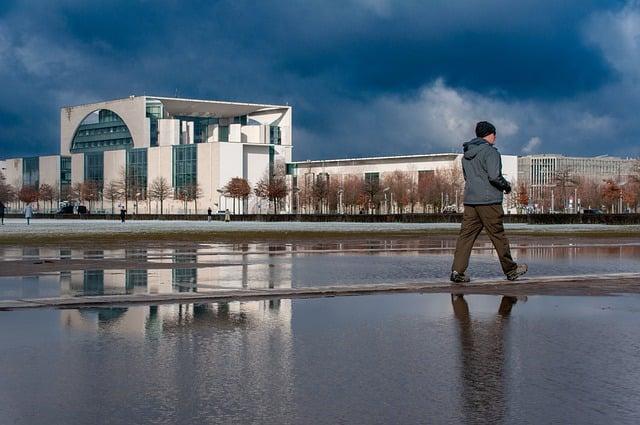The Politics of Energy Policy in Pakistan
The energy landscape in Pakistan has been fraught with challenges and changes, deeply interwoven with the country’s political climate. As one of the fastest-growing economies in South Asia, Pakistan is at a crossroads where energy policy must meet the demands of development while considering sustainability and political stability. This article delves into the intricate politics of energy policy in Pakistan, highlighting its implications for the economy and society.
Understanding Pakistan’s Energy Landscape
The major components of Pakistan’s energy mix include:
- Natural Gas
- Hydropower
- Coal
- Renewable Energy (solar, wind, etc.)
Natural gas has historically been the primary energy source, contributing significantly to electricity generation. However, the over-reliance on fossil fuels and the impending oil crises have led to a pressing need for diversification.
The Political Dynamics Behind Energy Policy
Politics plays a pivotal role in shaping energy policy in Pakistan. Key factors influencing the political landscape include:
- Government Stability: Unstable governments often face difficulties in long-term planning, leading to inconsistent energy policies.
- Corruption: Corruption in the energy sector has hindered effective implementation of policies.
- International Relations: Energy agreements and dependencies on foreign nations influence domestic policies.
- Public Sentiment: The populace’s reaction to energy shortages can sway political decisions.
Challenges Facing Energy Policy in Pakistan
Despite its vast potential, Pakistan encounters several challenges in energy policy:
- Energy Shortages: Persistent electricity shortages affect industries and daily life.
- Infrastructure Issues: Aging infrastructure leads to inefficiencies and wastage.
- Investment Climate: Political instability deters foreign investment in energy projects.
- Environmental Concerns: The focus on fossil fuels raises concerns regarding environmental degradation.
Opportunities for Reform: The Push for Renewable Energy
In recent years, Pakistan has recognized the need to shift towards renewable energy sources. This shift presents a significant opportunity for sustainable growth. Key initiatives include:
- Policy Framework: The National Energy Efficiency and Conservation Authority (NEECA) aims to promote better energy use across sectors.
- Investment in Renewables: The government offers incentives for solar and wind projects, targeting a 30% renewable energy share by 2030.
- International Collaboration: Partnerships with countries like China for clean energy projects.
Case Studies: Success Stories in Energy Policy
Several projects demonstrate the potential for successful energy policy in Pakistan:
| Project Name | Initiative | Capacity (MW) | Status |
|---|---|---|---|
| Kaaban Wind Farm | Wind Energy | 50 | Operational |
| Noor Malik Solar Plant | Solar Energy | 100 | Operational |
| Diamer-Bhasha Dam | Hydropower | 4500 | Under Construction |
Conclusion
The politics of energy policy in Pakistan is a complex interplay of economic needs and political realities. The country stands at a crucial juncture, with the potential to reshape its energy sector towards greater sustainability. By addressing the underlying challenges and leveraging opportunities for reform, Pakistan can pave the way for a more resilient and diversified energy future.



